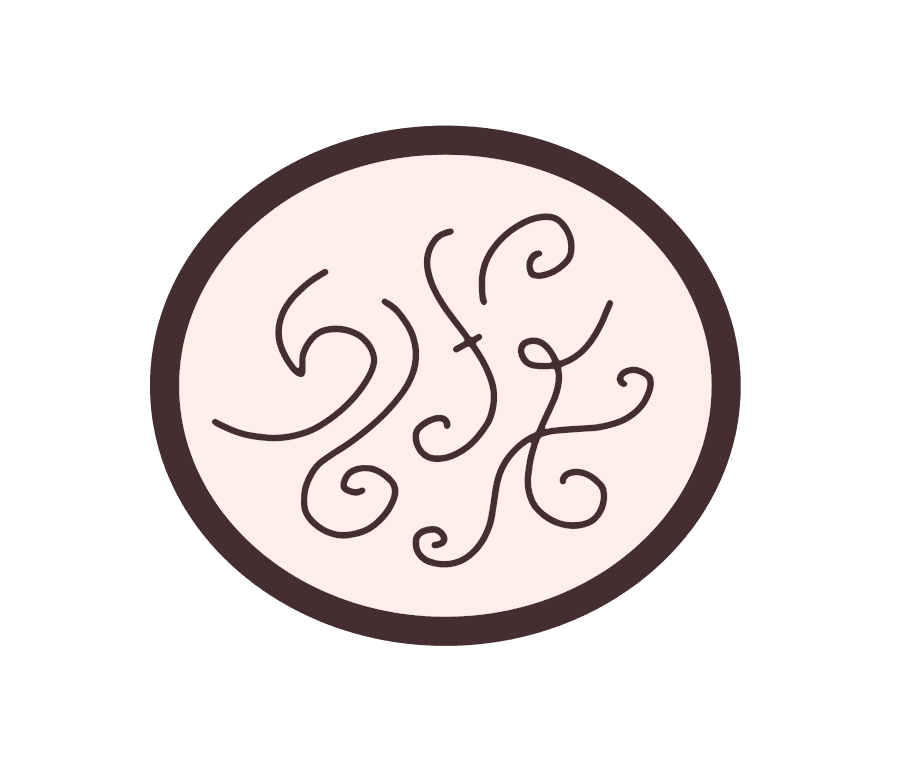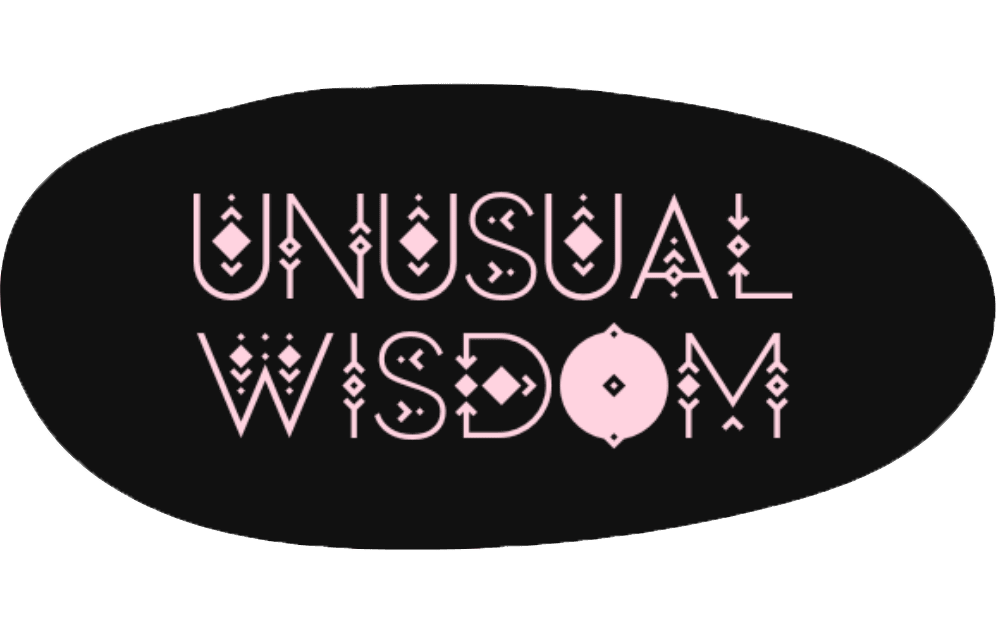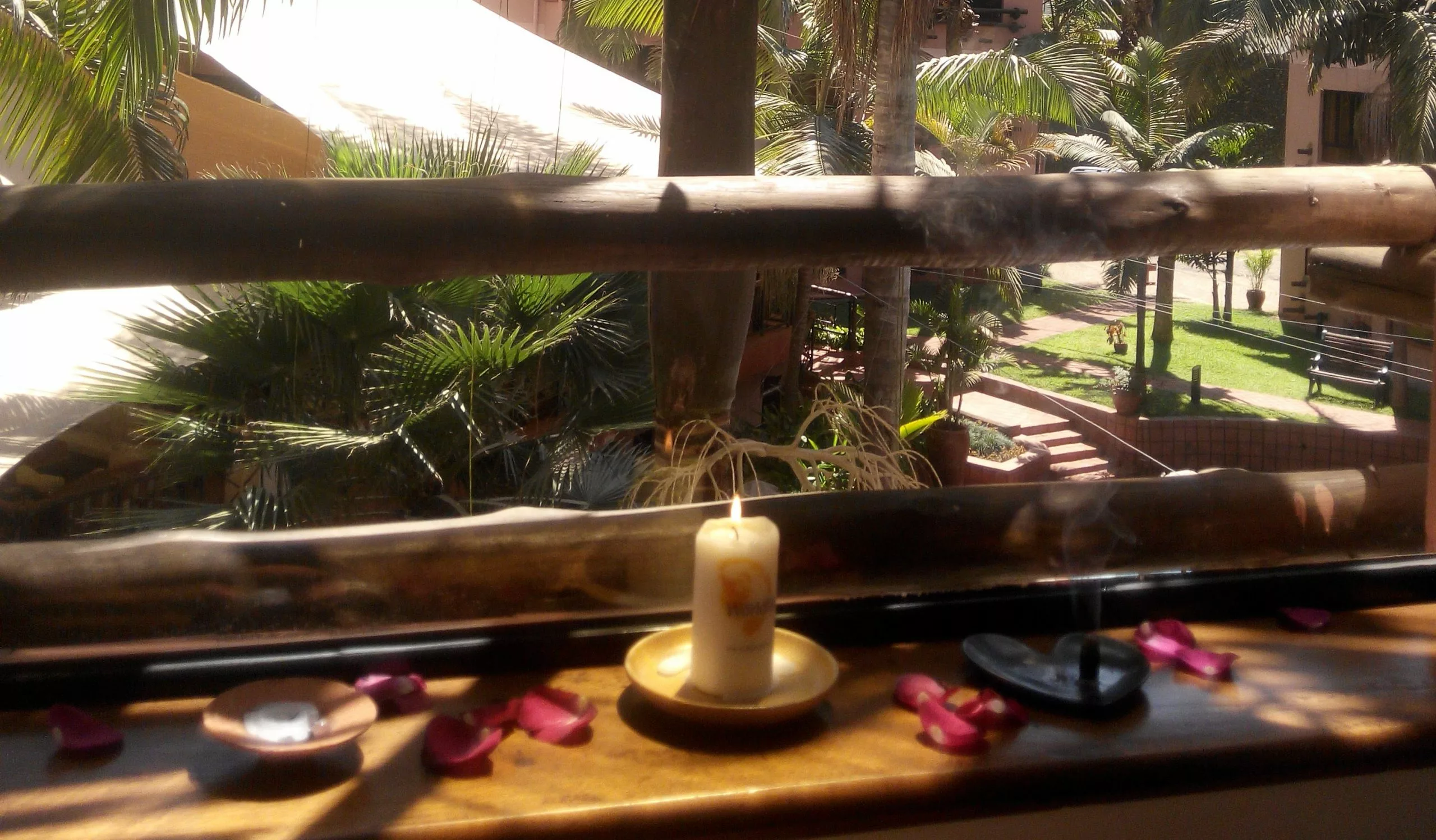I recently read a critical review about my book Embrace The Unlovable, by Elizabelth Galen, Ph.D. As a visionary writer who frequently pushes the envelope to invite new approaches and perspectives to healing and personal growth, I expect to receive criticisms from traditional sectors of these fields as part and parcel of sharing my views with the world.
This particular critical piece, however, presented some important examples of the very limitations of what is available in mainstream treatment that I highlighted in my book. Therefore, I decided it would be an excellent source for me to use as a tool to reinforce some of my key messages – so that we can go beyond the limits of what we’re told is possible in healing from shame and other deep emotional wounds.
In many ways, Galen’s reaction is typical and representative of the mainstream mindset; it reflects how other practitioners tend to misinterpret or reject my work in defence of what they currently know, practise and want to preserve. My aim is to connect readers to our fuller capacities for healing, beyond the limitations of what’s considered accepted and “acceptable” by ‘qualified bodies of authority’ (which often are simply not ready for next-level healing).
Block #1: Resistance to Go Where Healing is Truly Needed
Galen writes:
“I specially think that Mah missed the boat in terms of external labeling when she discusses terms like “whore” and “slut”… to go back and try to heal yourself by embracing the part of you that is a slut (Mah’s method) is very toxic.”
This is a crucial point that Galen missed and which explains why she is unable to recognise the groundbreaking element of The Compassionate Self-Love Method (The CSL Method). It is also representative of why many sufferers of shame as well as therapists, at this stage, are blocked from considering never-before-done, groundbreaking methods of healing.
The method is revolutionary because most individuals suffering from shame are used to having therapists getting them to change the way they see themselves rather than truly healing from how they are really seeing themselves. We’re taught almost to push away that final piece of truth about how we are truly seeing ourselves. As I stated in my book, most people (including therapists) will take the route of healing but when they get too close there’s a part of them that feels uncomfortable being that close to the shame and starts taking the route of diluting the truth.
The CSL Method, in contrast, involves the radical step of sending love to the part we reject in ourselves – to fully and completely love, accept and embrace it (i.e. to love unconditionally) – whereas most therapists like Galen will tell you this is unacceptable or damaging. They, hence, reject the final stage of the healing process that will truly set you free from any self-judgements.
Understanding this difference in approach can make a huge difference in whether you are still stuck in shame despite years of therapy or being liberated from shame.
Contrary to Galen’s belief, Shakti Gawain, Brene Brown, herself and other therapists and healers she alluded to, have been practising a very different route of healing. This is evident when she recommends taking an alternative approach to the core component of The CSL Method: Instead of embracing the aspect which we judge as “slut”, she recommends “embracing the part of you that loves sex and sexuality.”
There is a glaring flaw to this recommendation: If you judge yourself to be a slut, that is where the healing is needed, NOT the part of you that “loves sex and sexuality”. Trying to replace the truth of what we’re really saying about ourselves with a nicer version is not the way to truly heal; yes, it can make you feel better temporarily but it’s not the kind of deep healing that I’m interested in and which I know from experience leads individuals to emotional freedom.
It is precisely because we are calling ourselves that – the truth of what we are labelling ourselves to be and what we judge about ourselves – that shame is perpetuated. Galen states that I am shaming others by naming it the way we name it ourselves. I firmly believe that it is a healing through it, not an attempt to go around it, that will yield true liberation from shame. To love that which we are labelling as a “slut” and a “bad mother” is the true route to healing and true liberation from shame. To try to go around and tip-toe around what an individual truly feels about herself is to perpetuate the shame. For we are still judging ourselves as that, if we can’t name it as what it is to us. True healing must involve this step of healing through our own judgements of ourselves and how we label them.
To state clearly the truth of what we are calling ourselves – “slut” or “bad mother”- is a crucial step to begin healing our broken relationship with ourselves. On the other hand, to try to change it to something else, to dilute it to a softer, less offensive labelling – this is akin to sweeping it under the carpet. This is where people typically stop, even if they say they’re doing deep healing work. It will prolong the healing process at best, and I have seen that most people just never truly free themselves from shame by doing so. I have witnessed individuals who appear to be healed and whole but one comment from others can trigger a serious breakdown.
By Galen’s wisdom, we should modify our seIf-labelling from “I’m a bad mother” to perhaps something like, “I’m a firm, strict and protective mother”. This is akin to looking off to the side of where the subject of shame is. If one judges it to be damaging to heal this way, then it may point to where their own healing is needed, since they are judging it. The resistance to going to where the hurt and vulnerability is, is precisely the kind of block I see that prevents true and complete healing in most therapeutic disciplines.
For if we can love EVEN the slut, to love even THAT part of you… if you can love EVEN the bad mother, to love even THAT part of you that is the bad mother – then we can truly and utterly heal from our self-rejection.
But to replace it with a milder version that does not trigger the same level of charge for us is the same as replacing one drug with another in addictions. You are not healing the underlying wounds that brought on the addiction. It is the same as superimposing a happy face onto the truth of what’s really going on that is so prevalent in personal growth these days. I know that so much more love and authenticity can be expressed and shared collectively by pushing the boundaries of what’s been done in healing our deep pains, to get to the next level of what is possible.
It is the hiding (even if you say you’re healing) that perpetuates shame and itself constitutes a form of shaming. If you’re still trying to tip-toe around the real shame, you won’t get very far in your healing. On the other hand, if your therapist can take you gently by your hand into the forbidden territory where most therapists are too afraid to go, you will get a chance to truly liberate yourself from shame.
I know the concepts in The CSL Method are new to most people. Despite Galen’s criticism that the book is repetitive, her inability to absorb the deeper connotations and applications of the method proves the concepts bear repeating since it will take time for people to accept it and apply it. As her reaction shows, those who are not ready to be nudged to this new way of healing will require more than just a cursory mention of the idea.
Block #2: Resorting to Shaming Others for Self-Preservation
Galen states that I am shaming others. This indicates to me that shame is triggered in her, that she feels shame, or that a memory of shame is presented (if you feel shame, then you still have shame in you). Her reaction exemplifies my description in the book of how shame works: It contains a self-preservation mechanism that prevents healing from taking place. The nature of shame is such that it resorts to shaming others to protect itself from being exposed, to defend its existence – by shaming those who go near it. This is demonstrated throughout Galen’s review as she takes to shaming me by labelling me as having an inferiority complex, lacking education, unqualified as a therapist and author, etc. This is one of the unconscious patterns often played out in the process of dealing with our shame which I hope to make readers aware through my book.
Another example Galen demonstrates of how this “blurring of truth” mechanism works is by, on one hand, arguing that my method is nothing new that hasn’t been done before and that it’s what she has done in her own healing, and on the other hand, by vehemently disagreeing with a crucial component of the method. This clearly shows she has NOT done it this way before and that she is aware of how different my method is from all the other methods she refers to.
This discrepancy illustrates the kind of block some people unconsciously create that I discussed in my book: when their minds tend to blur the truth of what they’re seeing right in front of them as a mechanism to resist true healing. I invite you to explore the role of this mechanism in your own healing process, as with awareness you can make more empowered choices to move to the next level of liberating yourself from long-standing unhealthy patterns.
Block #3: The Call for Censorship
One of the unconscious blocks we may have towards healing is the drive to control the availability of new information that may make healing more effective – by calling for censorship.
As an example of how censorship is typically called forth, Galen dismisses me as lacking in education for not citing other authors of similar works. In all my books, I have deliberately left out heavy references of other sources, as part of my advocacy for people to connect with their own sources of truth within. I believe that the absence of citations and substantiations with other sources can give the reader more room for original thought and reliance on more intuitive aspects for discernment. I am also a strong advocate of sharing our innate wisdom with the world – as opposed to regurgitating old ideas and old ways of presenting them.
Unfortunately, we live in a culture that still does not encourage or support original thought; the tendency is more towards censoring raw truth and candy-coating. Galen’s citing of my ‘lack of qualifications’ in the traditional sense is typical of how people try to censor new information. She also says:
“Instead of rushing to self-publish as Mah did, it would have been better for her to find an editor… with a red pen with a lot of ink.”
I have always been drawn to share information with the world, undiluted. Unfortunately, many traditionally-trained therapists will have a problem with new methods, especially by those whom they can reject on the grounds of ‘lacking qualifications’ since it may be perceived to be a threat to their professional and personal self-identities. Due to this, a lot of information worth sharing and that can be made available to those who are seeking it is curbed by this drive to censor those they deem to be ‘unqualified to share’ and whose ways of sharing their work with the world is often condemned to be unacceptable based on what the mould is.
I call for a radical approach to healing shame, beyond what is available in the mainstream and which has been largely ineffectual to date, and beyond what we may be blurring up unknowingly. Galen’s critical review has revealed the massive opportunities for deeper healing and recovery that The CSL Method represents.
I hope this article has helped reveal some places for deeper healing in you. With these honest reflections and with a deeper awareness of where these blocks might apply to us, we can take our self-healing to the next level and truly liberate ourselves from some long-standing patterns.








This Post Has 10 Comments
This discourse regarding Galen’s views regarding your book and method really describes how mainstream top down practitioners approach thrir work.
Top down …. means somehow changing internal experiences by replacing them with an alternative. It simply does not work in the longterm as the original internal experience of shame or trauma will be re triggered. Only by reexperiencing the internal disregulation of shame and guilt can it be processed and transformed into relief.
Galens reaction to your CSL method shows all the misunderstanding of the “qualified” mainstream to defend their position by labeling and judgement. Their top down methods are very NEW in fact. The CSL method is based on ancient methods where truthfull self enquiry creates healing of the whole organism.
You have it right Amyra and it is important that you carry on your work in helping people heal and transform and pay no attention to judgemental reactionaries.
Graham – Thank you for your intelligent views regarding the subject of mainstream vs alternative treatments. Also for pointing out that the former are actually new whereas the kind of techniques that I work with are based on ancient methods where “truthfull self enquiry creates healing of the whole organism”. Beautifully put and just reading the phrase gives me a sense of deep relief…
Love and Blessings,
Amyra
“I have deliberately left out heavy references of other sources, as part of my advocacy for people to connect with their own sources of truth within.” – I really agree with this, there really is no need for sources, just practice of compassionate self love. The concept rang true with me, and I believe one day many more people will connect to it.
That’s great to hear, Molly 🙂 Thanks for taking the time to express that.
Love,
Amyra
awesome! Love this article Amyra and your book. it’s spot on. I’ve been a practicing therapist and Medicine Woman for over 13 years and indeed, ignoring the parts we don’t like just re-enforces the problem. Embracing our deepest darkest fears, and those parts of ourselves which we may indeed love but feel shame for or have been shamed for really is the way forwards. It’s quick, effective and most importantly, lasting. Fantastic, keep writing! mxxx
Thank you, Melanie 🙂 Well said… so true about this route yielding more lasting results.
Great Article! And you know I love your book.
In my work as an Energy Healer I’ve found that there’s no room for ignoring any ‘dark’ parts of ourselves by throwing a costume, veil over it or shrouding it in lovely words. At the core of it, it’s still there.
You must do the work. Get your hands dirty in your own S*&* and transform it from that space. That’s where the real changes happen.
What i know for sure is that ignoring and re-directing away from the source isn’t the way.
Thank you for your vulnerability and looking forward to all the wonderful healing you continue to share with the world.
Nicholas
“Get your hands dirty in your own shit and transform it from that space.”
Love this. With more healers like you, we can increasingly move away from the temporary feel-good approaches to honest, courageous healing.
Thanks, Nicholas!
This is my review of Elizabeth Galen’s review that wasn’t allowed to be posted on her website:
I couldn’t disagree more with this review. The concepts in “Embrace the Unlovable,” and many other of Amyra’s writings have changed my life.
My “something is wrong” detector was also going off as I read this review. Twice this review references what is acceptable in the US, which seams odd to me, also a lot of seemingly condescending judgments from someone who claims to be intuitive.
Amyra is the ultimate mentor as her focus is to align readers with their OWN healing abilities. I believe this is where traditional therapy misses the mark, and it’s a huge mark to miss. This spills into the criticism of Amyra Mah not being qualified or educated. Her information is raw, undiluted and it’s the very thing that communicates to her audience. Embrace the Unlovable takes ancient wisdom and presents in a new and practical way,
This article also criticizes Amyra’s example of sending love to the aspect of you that is a “bad mother.” You suggest that instead- “love this part of you that is trying its best but doesn’t always reach perfection.” Again, this misses the point. This is not the aspect that needs love and acceptance. You are still refusing to love the perceived ugly part of yourself and therefor not truly fully healing. What about the many moments I’m not trying my best? Don’t send love to those pieces of myself? The CSL method does not re-injure or harm at all. I can say with a sense of humor I’m a wonderful and amazing bad mom.
The other example you use- is instead of sending love to the part of you that is a “slut,” is to send love to the part of you that loves sex and sexuality. To anyone that has gone through a slutty phase, or at least anyone that’s being honest about it. It doesn’t come from the love of sex, it stems from the need to feel validated and accepted a million other things. I loved having sex with my husband. After we divorced the sex I was having with men I didn’t love was awful. I didn’t love the sex at all, so I stopped. But at that time in my life I was desperate to have men pay attention to me. It filled a void. It was definitely not the love of having sex. I actually feel that society places more judgement on those choosing not to have sex. Like you said though, that’s their trouble.
The concept in Embrace the Unlovable is a game changer. It honest to God did change my life, and I was able to truly make friends with my self. I love every dark piece of me. I wouldn’t give up any broken piece of me if somebody offered me a million dollars for it. I can say I am healed and continue to grow. Amyra Mah goes where traditional therapy cannot. Even without an official license or Psychology degree she is completely qualified.
Hi Molly,
Many thanks for posting your “review of the review”. I really appreciate your detailed comments, elaborating to my readers some of the subtle points I was making with your wonderful personal examples.
For anyone who is embarking on deep personal healing, who deal with shame and trauma, I cannot emphasise enough how important this distinction is. Missing this point can lock you in therapy for the next 10 years or more. But if you follow the steps in Embrace The Unlovable, put aside your ego that says you know better and really give it a go, you like many who do will KNOW you have gone deeper than you have gone before, FEEl the healing that is occuring, and perhaps for the first time able to SAVOUR the beautiful process of returning home to yourself.
Love and Blessings,
Amyra